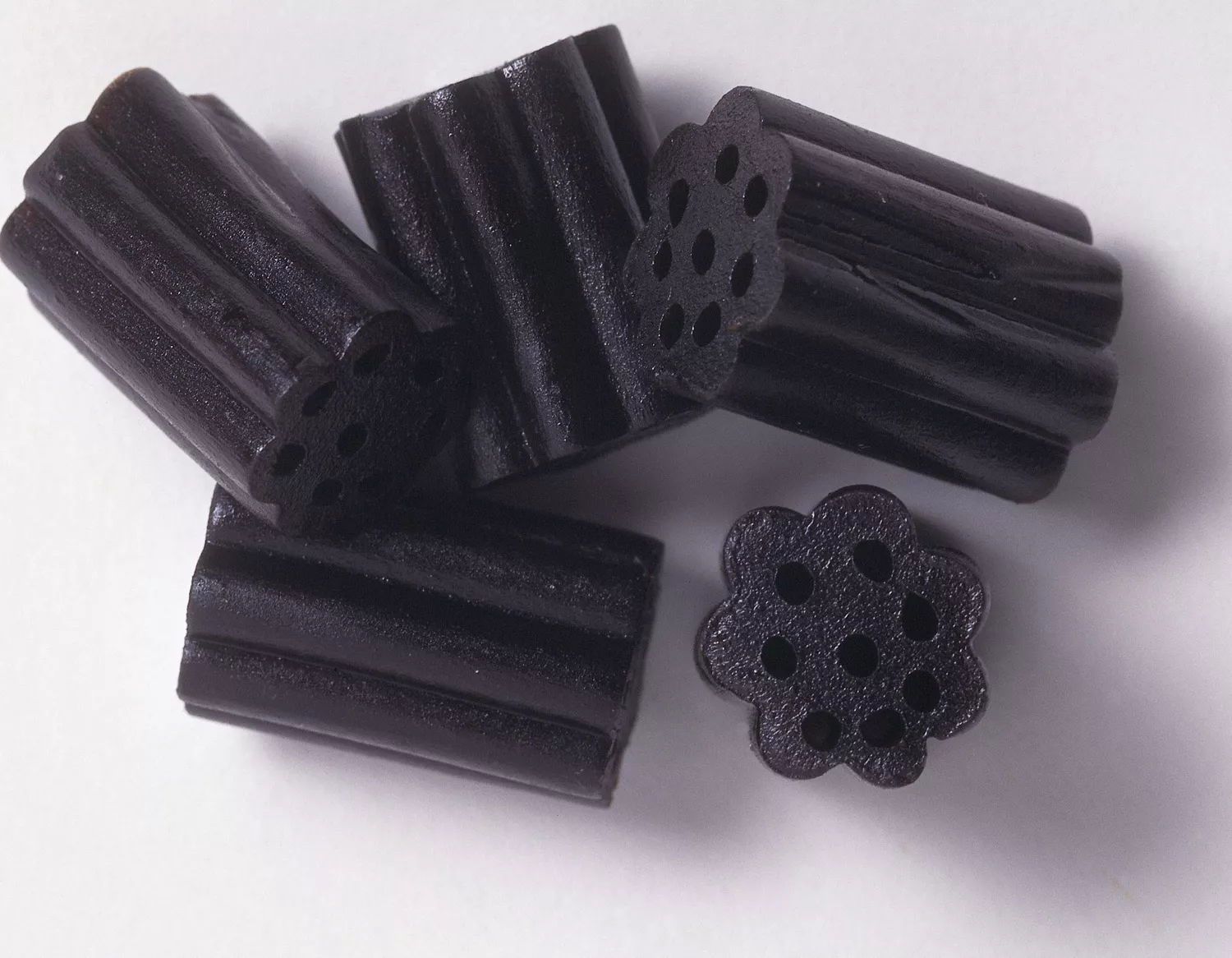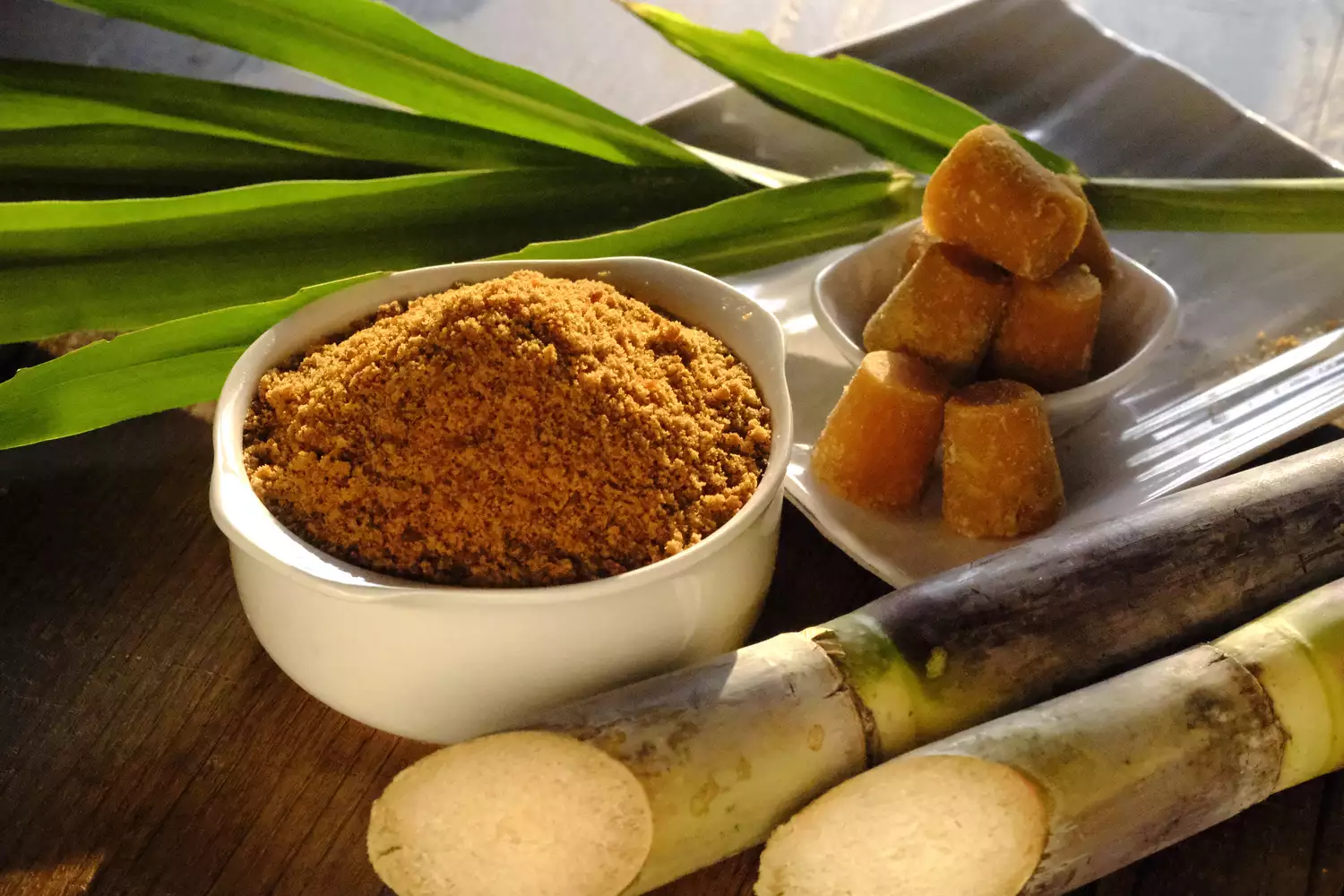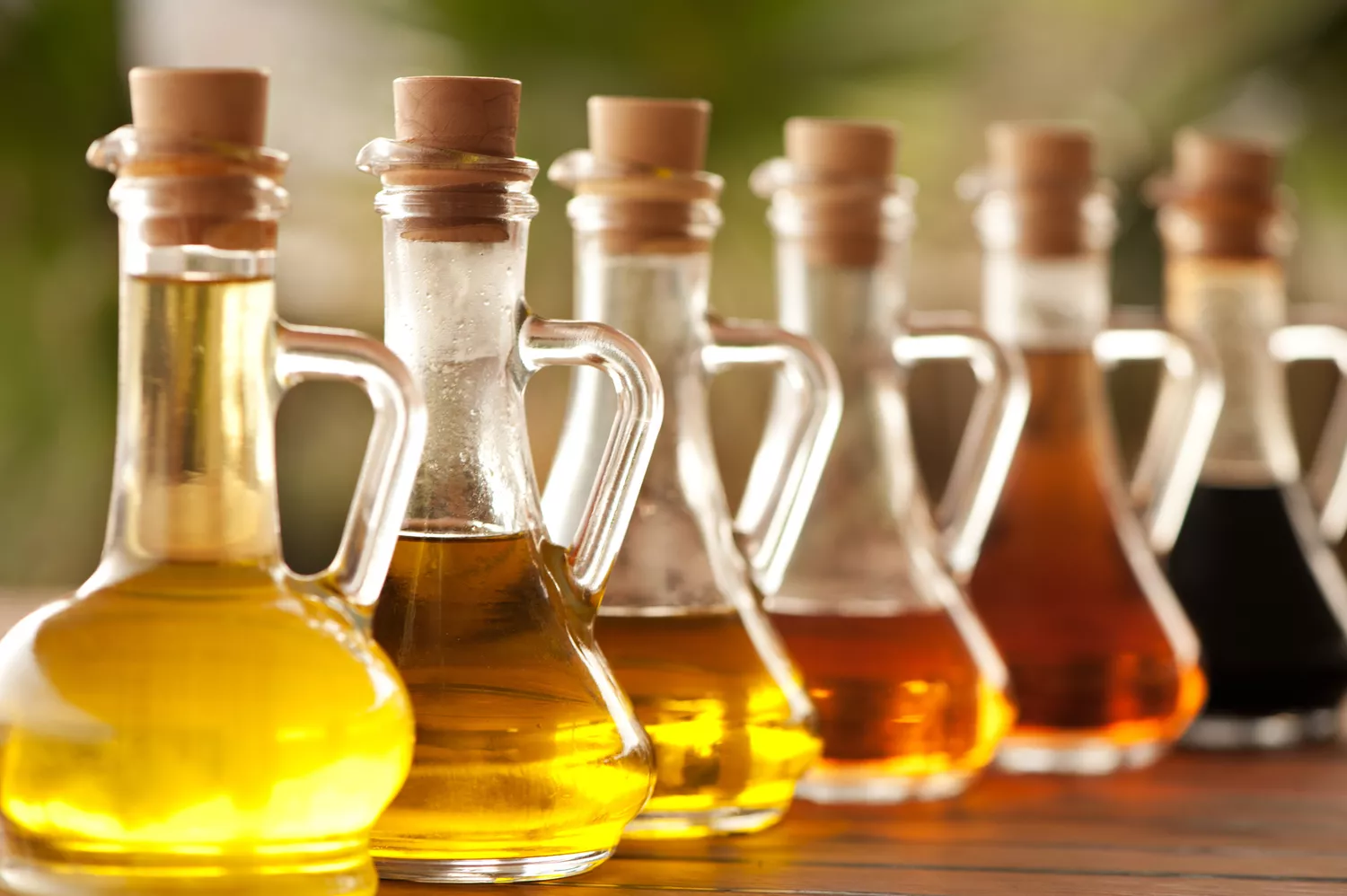As the climate cools down, butternut squash takes center stage in the fruit and vegetables area of food store, and lots of people anticipate appreciating foods like butternut squash soup or baked winter veggies.
Not just is butternut squash scrumptious and reassuring, it’s additionally packed with nourishment. It has an excellent quantity of beta-carotene and other antioxidants that can aid protect against persistent illness and support various other facets of health.
Right here are the advantages of butternut squash, plus its nourishment facts, risks, and makes use of.
1. Promotes Eye Health And Wellness
Butternut squash consists of nutrients that are helpful for your eyes, particularly vitamin A in the type of beta-carotene. It’s what offers butternut squash its orange color.
Vitamin A is a crucial component of rhodopsin– a healthy protein in your retina. It’s likewise crucial for the conjunctival membrane layers and cornea to operate typically.1.
Furthermore, beta-carotene– a kind of provitamin A that’s also an antioxidant– helps avoid age-related macular deterioration (AMD).1.
Besides vitamin A, butternut squash also contains vitamin C, an additional antioxidant that can assist prevent and treat very early AMD. Surprisingly, some of the greatest concentrations of vitamin C in your body are discovered in your eyes. Scientists believe that consuming much more nutritional vitamin C (rather than taking supplements) might reduce the danger of establishing cataracts, yet extra study is required to confirm this.2.
One more antioxidant located in butternut squash, vitamin E, might additionally avoid and deal with early AMD. It can likewise protect against oxidative stress linked with eye diseases like cataracts.3.
The research study is mostly inconclusive on whether supplementation of any one of these nutrients individually assists protect against these eye conditions, so obtaining them in through foods is specifically crucial.
2. Lowers Chronic Condition and Cancer Cells Danger.
Butternut squash is a plant food loaded with fiber, vitamins, minerals, and anti-oxidants. Because of this, it might aid prevent against chronic illness.
Fiber is a nutrient several Americans don’t eat sufficient of, yet it’s associated with a lowered threat of cardiovascular disease and much better blood sugar control.4.
At the same time, the anti-oxidants in butternut squash can protect against oxidative anxiety, which is linked to cardiovascular disease, cancer cells, neurological conditions, respiratory system conditions, and extra.5.
For example, a big meta-analysis discovered that greater dietary consumption of beta-carotene was linked to minimized threat of lung cancer cells for non-smokers.6 In addition, an umbrella testimonial of loads of researches found that vitamin C consumption was linked to lowered threat of different cancers cells and heart disease.7.
3. Sustains Skin Health And Wellness.
The antioxidants in butternut squash, particularly vitamin C, are also important for skin health and wellness.
Eating enough vitamin C is vital because a vitamin C deficiency can create delicate skin, inadequate injury recovery, and hemorrhaging periodontals. In addition, vitamin C collaborates with vitamin E to safeguard your skin against harmful UV rays. It’s additionally required to develop collagen– a protein that gives your skin its framework and elasticity.8.
Besides securing versus harmful UV rays, vitamin E might also shield versus acne and various other skin disease due to its antioxidative impacts. Nevertheless, more research study needs to be done as to how intake of vitamin E influences various aspects of skin wellness.9.
4. Advertises Digestive Wellness.
One cup of butternut squash has 10{0b029884226bf181d7dbb01df59f2ff24db55360df081b8ac2080ee728e3010f} of the everyday value (DV) of fiber. Fiber is related to far better intestine health and digestive tract regularity, and a lot of Americans might stand to eat even more of it.4.
Eating enough fiber and prebiotic-rich foods can likewise aid promote a healthy and balanced gut microbiome.10 A healthy and balanced intestine microbiome is connected not only with far better digestive tract health yet also much better immune and psychological health.11.
So, eating butternut squash and other resources of fiber like fruits, veggies, nuts, seeds, and entire grains is essential to advertise your digestion wellness.

Nourishment.
Butternut squash is low in fat and sodium and loaded with fiber and micronutrients. It’s generally a source of carbs, and its fiber can promote satiation. One mug (140 grams) consists of:12.
Calories: 63.
Fat: 0.14 grams (g).
Carbohydrates: 16.4 g.
Fiber: 2.8 g, or 10{0b029884226bf181d7dbb01df59f2ff24db55360df081b8ac2080ee728e3010f} of the DV.
Salt: 5.6 milligrams (mg).
Added sugars: 0 g.
Protein: 1.4 g.
Vitamin C: 29 mg, or 32{0b029884226bf181d7dbb01df59f2ff24db55360df081b8ac2080ee728e3010f} of the DV.
Vitamin A: 745 micrograms (mcg), or 83{0b029884226bf181d7dbb01df59f2ff24db55360df081b8ac2080ee728e3010f} of the DV.
Vitamin E: 2 mg, or 13{0b029884226bf181d7dbb01df59f2ff24db55360df081b8ac2080ee728e3010f} of the DV.
In addition to being a mother lode of vitamins A, C, and E, one cup of butternut squash additionally consists of 10– 12{0b029884226bf181d7dbb01df59f2ff24db55360df081b8ac2080ee728e3010f} of the DV of magnesium, potassium, copper, niacin, manganese, and thiamin.12.
As you can see, butternut squash is particularly abundant in vitamin A. Vitamin An is important for eye wellness and for the formation and upkeep of heart and lung cells.1.
Risks.
Consuming excess beta-carotene from butternut squash may lead to carotenoderma, a safe problem where the skin turns yellow-orange. You can reverse this skin reaction by pausing intake of vitamin A-rich foods or supplements.1.
This stands out from consuming excess pre-formed vitamin A– the kind discovered in meat and dairy– which can bring about adverse impacts like severe migraines, blurred vision, coordination troubles, and possibly even fatality in extreme situations.1.
Tips for Consuming Butternut Squash.
Butternut squash is simple to consume alone or in mix meals. You can even utilize it in baked goods. Right here are some ideas for including more butternut squash to your diet regimen:.
Toss it with olive oil and roast it.
Include baked butternut squash to salads or grain bowls.
Boil butternut squash and mix it to add to baked goods.
Usage mixed butternut squash to make a wintertime soup or pasta sauce.
Alternative potatoes for butternut squash to make fries or a mashed side recipe.
Cut it in half, roast it, and things it with veggies and grains.
Add it to mac and cheese or risotto for more flavor.
Make a curry with butternut squash and environment-friendlies.
A Quick Testimonial.
Butternut squash is not just a tasty autumn and wintertime vegetable, but it’s additionally packed with anti-oxidants, fiber, and various other trace elements that support your general wellness. You can roast it and make it your seasonal salad or grain dish covering, or puree it for soup, pasta sauce, or baked products. Whichever means you enjoy it, butternut squash’s nutrients can support your skin and eye health and wellness and lower your danger of chronic disease.



